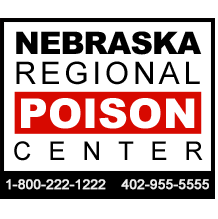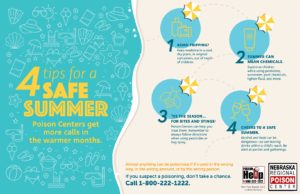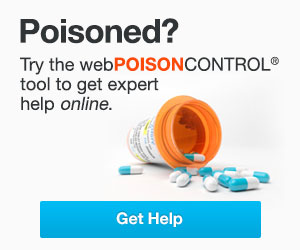Is Vaping Safe?
The short answer is no, vaping is not considered safe for teens and young adults, especially since their brains are still in a period of active development.
Vaping is a relatively new phenomenon so long-term studies of its impact on young adult health and behavior have yet to be conducted. The most comprehensive research to date is a report commissioned by Congress from the National Academies of Sciences, Engineering and Medicine. Released in January 2018, the report looked at exposure to nicotine and other toxic substances, dependence, harm reduction, smoking risks, cancer and more. Below are some key findings:
- Exposure to nicotine is worrisome in teens and young adults because nicotine can be highly addictive. Due to the fact that the brain is undergoing massive changes during the teen years, nicotine use may rewire the brain, making it easier to get hooked on other substances and contribute to problems with concentration, learning and impulse control.
- Most vape devices release a number of potentially toxic substances, although exposure is considerably lower than those found in regular cigarettes.
- Dependence develops when the body adapts to repeated exposure to vaping. When a person stops vaping, he or she can experience withdrawal symptoms, although likely not as intense as with conventional cigarettes.
- Vaping may be increasing risks of smoking. Teens and young adults who vape are almost four times as likely as their non-vaping peers to begin smoking cigarettes.
- Injuries and poisonings have resulted from devices exploding and direct exposure to e-liquids.
- Long-term studies are needed to evaluate the risks of cancer and respiratory illness, though there is some concern that vaping can cause coughing and wheezing and may exacerbate asthma.
Marijuana and Vaping
Devices and accessories designed for vaping marijuana are a booming business. Any marijuana use, whether vaped or otherwise, is a concern for adolescents and young adults. According to the CDC, marijuana use may have long-lasting permanent effects on developing adolescent brains. Negative effects include:
- Difficulty with critical thinking skills like attention, problem-solving and memory
- Impaired reaction time and coordination, especially as it relates to driving
- Declines in school performance
- Increased risk of mental health issues including depression or anxiety, and in some cases, psychosis where there is a family history
Be equipped with facts. Download the vaping guide for parents and read it over. Remain familiar with vape devices, what’s being vaped and the risks associates.
Have conversations. Opportunities to discuss vaping can present themselves in many ways: letters from the school, advertisements, seeing it on TV, walking by someone vaping or passing a vape shop. Be ready to listen rather than lecture. Try using an open-ended question like “What do you think about vaping?” to get the conversation going.
Convey your expectations. Express your understanding of the risks along with why you don’t want your child vaping. If you choose to set consequences, be sure to follow through while reinforcing healthier choices.
Be a good role model. Set a positive example by being vape and tobacco-free. If you do vape, keep your equipment and supplies secured.
What to Say When Your Teen Asks
Q: Isn’t vaping safer than smoking cigarettes?
Exposure to toxic substances may be reduced, but there are still significant concerns when replacing smoking cigarettes with vaping. One’s lungs are exposed to fine particles, metals, other toxins and nicotine which are all harmful. You may use the example that “Driving 90 miles an hour with a seat belt on is safer than without one, but neither is safe.” The same goes for vaping. And as with all substance use, ask your child why they’re interested in vaping in the first place.
Q: Everyone is doing it, why do you care?
You can say, “I know you might think this because of what you see in school or on social media, but the fact is that the majority of teens are choosing not to vape. It might be popular among some kids, but that doesn’t mean it’s safe.”
Q: You smoke, so why shouldn’t I?
If you’ve tried to quit, respond by saying something like, “You’re right, smoking is unhealthy and I’ve tried to quit and wish I had never started. I don’t want you to start an unhealthy habit and struggle the way I have.”


